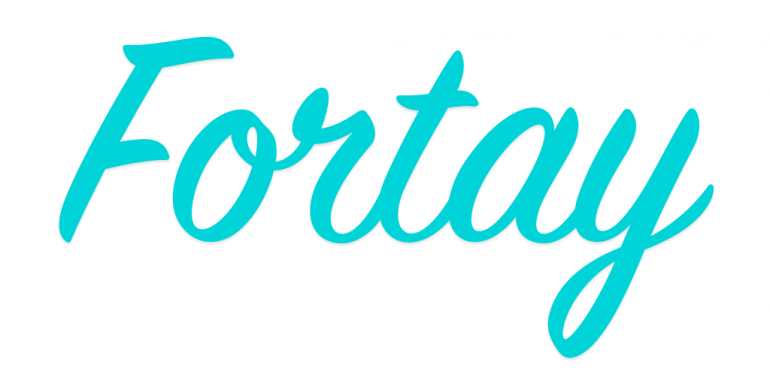As startup success stories get more publicity, many large companies have attempted to emulate startup culture within their own organizations by opening innovation centres and designing more open concept offices to encourage collaboration. For the startups themselves, free beer, food, and ping pong tables are now considered staples in the typical office.
In a disruptive industry, a high degree of collaboration is required. If you need that, culture fit is extremely important. – Bohdan Zabawskyj, Fortay co-founder
But for Toronto-based Fortay, fostering culture isn’t necessarily any of those things — and they want to help companies find out how to develop their own productive work cultures. Fortay’s culture fit assessment platform asks hiring managers to identify their top performers to develop a baseline cultural profile for each company, before developing a values and beliefs survey to give to potential employees. This ensures that each company hires the type of people that they believe will take the company to the next level.
“We have two types of customers — the type that says ‘everyone in our company is a cultural archetype because we spend so much time on culture’, so everybody is included. They would take the cultural assessment to determine their unique cultural profile for the company,” said Marlina Kinnersley, co-founder of Fortay. “And then there’s the other type of customer that we serve that says that we have a little bit of cultural misalignment. So they’re the ones who say they want to focus on specific people that emulate their culture the best, and create a unique cultural profile based on those individuals.”
When it comes to defining culture, the company follows the simple dictionary definition: that culture is a set of values and beliefs that differentiate one team from another team, and how people interact and behave with each other. “When people talk about culture, there’s a lot of misinformation around it. When you hear companies pitch at competitions, you hear about joining the company and they list perks like free food, transportation, and fun events,” said Fortay co-founder Bohdan Zabawskyj. “That is definitely not culture, those are environmental perks which can emulate it.”
Currently, the company has clients like Top Hat, Mercatus Technologies, Statflo, Auvenir, StackAdapt, and Ritual under its belt. “Usually the guiding philosophy to hiring managers is that we want people who will truly manifest what you wanna carry forward in an organization,” said Zabawskyj.
Kinnersley said that because Fortay’s platform allows companies to focus on all their best people as a collective and use their own internal model as a litmus test, “We can focus on everybody as a collective which promotes diversity in personality, gender, and thought. Organizations that care a lot about culture take the long approach, which means that in the end and spend days with a candidate,” said Kinnersley. “Fortay can match relative culture fit within five minutes at the front end of the funnel.”
Fortay is also extending its mission of building company culture to the larger Toronto community; on September 27, Fortay is hosting Culture LabX Toronto featuring a Q&A with Achievers founder and NEXT CEO Razor Suleman, who will talk about his experience building the culture of Achievers, which he exited for $140 million in 2015.
Zabawskyj says that Fortay’s team of three co-founders — which include Kinnersley and Fortay CTO Nathan Wong, co-founder of BuySellAds — collectively have experience hiring “thousands” of people. From that experience, Zabawaskyj says that the standard recruiting paradigm of hiring based on accreditation and skills have no correlation to on-the-job performance.
“In the knowledge industry, we tend to reinvent ourselves in a rapid manner — particularly six to 18 months at any point,” Zabawskyj said. “But in a disruptive industry, a high degree of collaboration is required. If you need that, culture fit is extremely important and should be given equal if not more weight to cognitive ability.”



